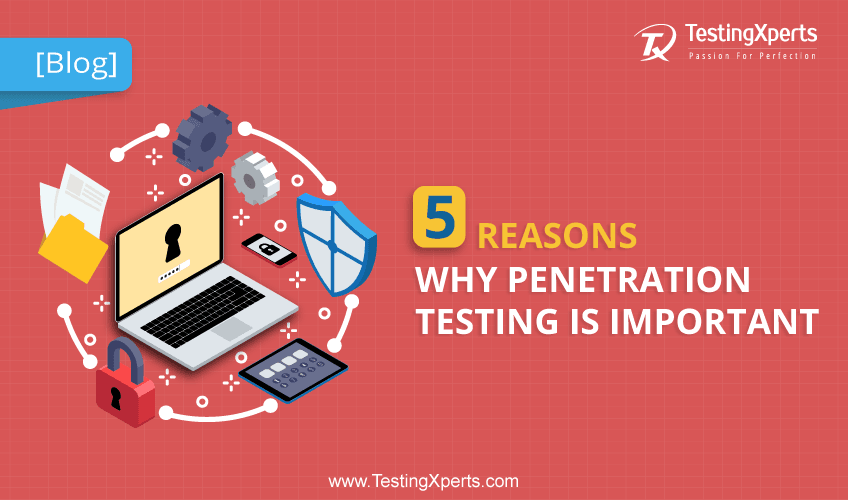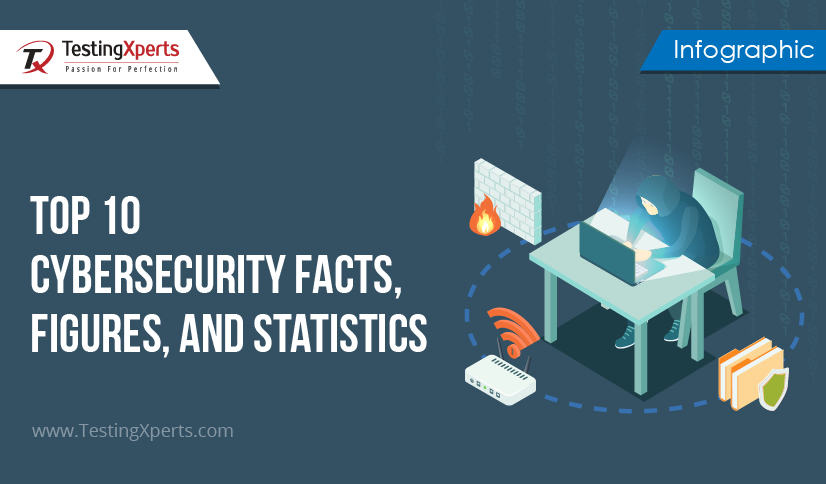
Online data privacy has always been a concern for many organizations, governments and web users. Users are demanding the transparency on the usage of their personal data by organizations that store and process it, especially after seeing an increased rate of data breaches in the recent past.
Recently, Google has announced to shut down the consumer version of Google+ after falling prey to a Data Breach. The security of information in Google+ was compromised, which led Google to shut down its service. Read the full news here.
If the world’s most trusted technology giant like Google can fall prey to a data breach, it can happen to any organization. That’s why users want to know how safe their data is on third-party applications. To combat these data issues, such as security, privacy and confidentiality, various governments across the globe are focused on the security of their data stored on various third-party applications. Probably this led to the creation of regulation across the globe that recommends how data should be stored, secured, processed, shared, and ultimately used.
What is GDPR?
The General Data Protection Regulation (GDPR), became enforceable on May 25, 2018, and deals with data protection and privacy for individuals within the European Union (EU). GDPR is certainly one of the most important regulations so far.
Check out our previous blog to know more about GDPR Compliance in detail.
What changes did GDPR bring?
The most significant change presented by the GDPR was a substantial extension of jurisdiction. Under GDPR, companies processing data that are belonging to EU citizens are subject to its terms and conditions. The GDPR also introduced rigid penalties, of up to 4% of annual turnover for the prior fiscal year, or 20 million euros (whichever is greater) for organization that fail to meet this compliance. Several rules for giving consent were reinforced in GDPR. For example, organizations need to request consent from users in a clear and easily accessible way, explicitly stating the purpose of data gathering and keeping instances of how and where they obtained users’ consent. Also, it is mandatory for every organization to keep the users’ data safe and if any data breach occurs, they must report it within 72 hours.
Impact of GDPR
Industry giants like Google, Facebook, WhatsApp, and Instagram were reported to be hit with privacy complaints of GDPR. The complaints carried fines of up to $9.3 billion in total over breaking the European Union’s new privacy law.
Meanwhile, Google and Facebook assured that they will work earnestly to ensure compliance with the GDPR guidelines. However, these companies have faced legal challenges over GDPR.
Penetration Testing for GDPR
Penetration testing is essentially a meticulous form of hacking in which a professional tester, on behalf of an organization, uses the same techniques as a hacker to search for vulnerabilities in an organization’s application or networks.
Penetration testing and its importance became more prevalent when the EU General Data Protection Regulation (GPDR) was introduced. It is one of the methods mentioned in Article 32 of the Regulation, which outlines how organizations can reduce the risk of cyberattacks and fight back.
For GDPR compliance, penetration tests were crucial. They provide a final validation to ensure the necessary security controls have been executed appropriately. Organizations that ensure to execute proper pen tests on their systems and applications were able to survive and haven’t experienced business continuity issues, especially when the GDPR was introduced.
Is cybersecurity a growing concern for your organization? Specialists from TestingXperts can work with you to address your security testing requirements and current challenges in the digital scope. TestingXperts offer end-to-end security testing services, including Vulnerability Assessment and Penetration Testing, Web Application Penetration Testing, Wireless Network Assessment, and Penetration Testing to help clients solve their security apprehensions. Connect with us to know more.
Discover more
Get in Touch
Stay Updated
Subscribe for more info





